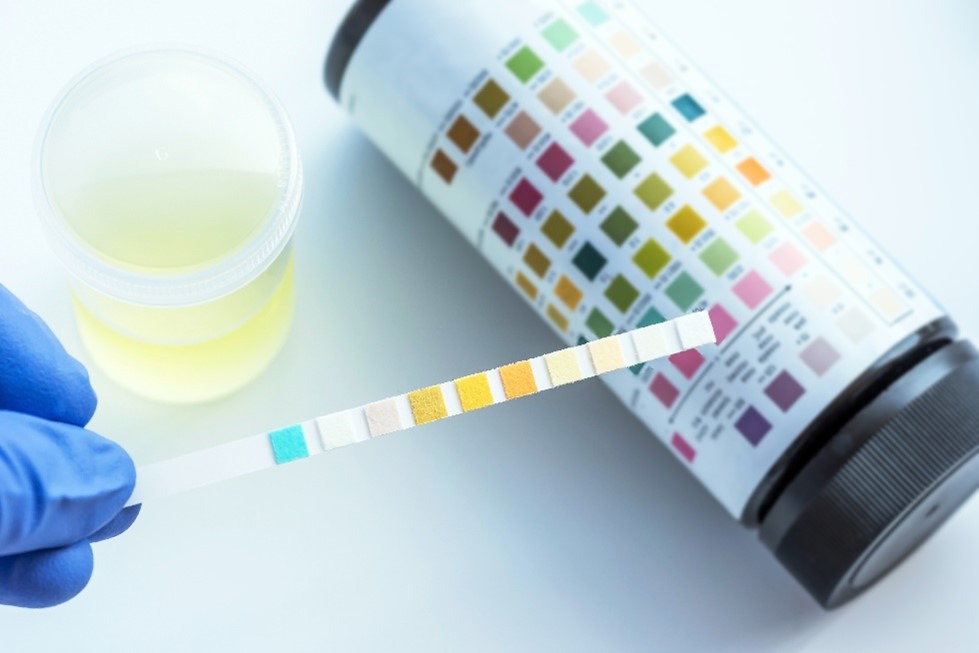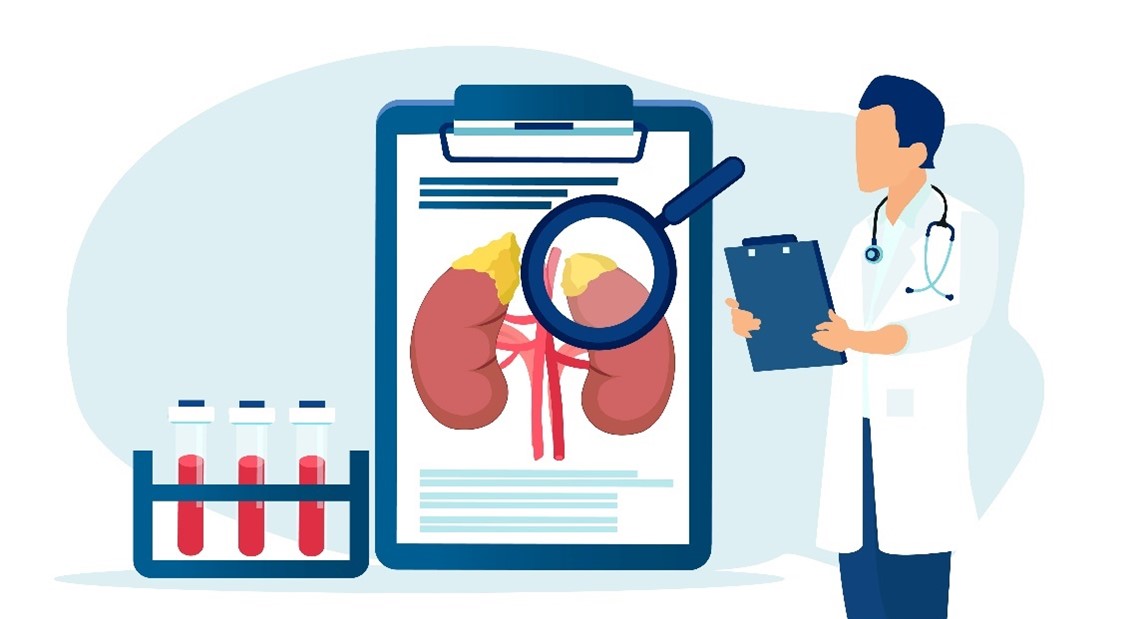Nestled beneath our ribcage, the kidneys silently perform a multitude of crucial functions, from filtering waste to maintaining a delicate balance of electrolytes. Keeping these vital organs in check is essential for overall well-being. Kidney function tests serve as invaluable tools in assessing the health and efficiency of our renal system. In this comprehensive guide, we will delve into the intricacies of kidney function tests, exploring why they are essential, the details of the tests, and what the results might mean for your kidney health.
Why Might I Need a Kidney Function Test?
Understanding why kidney function tests are recommended is the first step in recognizing their importance. These tests may be recommended for various reasons:
• Monitoring Chronic Conditions: Individuals with chronic conditions like diabetes or hypertension are at an increased risk of developing kidney problems. Regular kidney function tests help monitor the health of their kidneys.
• Assessing Medication Impact: Some medications, when taken over an extended period, can potentially impact kidney function. Kidney function tests help evaluate the effects of medications on these vital organs.
• Identifying Kidney Diseases: Kidney function tests play a pivotal role in identifying various kidney diseases, including chronic kidney disease (CKD) and glomerulonephritis.
Test Details:
• Kidney Urine Test (Urinalysis): This test involves examining a urine sample for various markers that provide insights into kidney health.
During the test, your urine may be analyzed for the presence of proteins, blood, glucose, and other substances that can indicate kidney issues.
• Kidney Blood Test: Blood tests for kidney function typically include measurements of creatinine and blood urea nitrogen (BUN).
Elevated levels of these markers may suggest impaired kidney function or other underlying health conditions.

What Happens During a Kidney Urine Test?
Undergoing a kidney urine test is a relatively straightforward process:
Sample Collection:
• You will receive a sterile container for the purpose of gathering a urine specimen.
• It’s crucial to collect a midstream sample to ensure the most accurate results.
Laboratory Analysis:
• The gathered urine specimen is forwarded to a laboratory for examination.
• Technicians will examine the sample for the presence of abnormal substances that may indicate kidney problems.

What Happens During a Kidney Blood Test?
A kidney blood test involves a simple blood draw, usually from a vein in your arm:
Blood Draw:
- A medical professional will typically use an antiseptic to cleanse the designated area, often the inner part of your elbow.
- A needle will be inserted to draw a blood sample, which is then collected in a vial.
Laboratory Analysis:
- The laboratory receives the blood sample for further analysis.
- Creatinine and BUN levels are measured, and the results provide insights into kidney function.
What Can I Expect After a Kidney Test?
After undergoing a kidney function test, there are typically no specific post-test instructions. You are free to continue your usual activities without any limitations. However, it’s crucial to follow up with your healthcare provider to discuss the results and any necessary next steps.
Results and Follow-Up:
When Should I Know the Results?
The turnaround time for kidney function test results can vary. Some tests, like urinalysis, may provide results relatively quickly, while others, such as a comprehensive blood panel, may take a few days.
What Do the Results Mean?
If the results are normal, it suggests that your kidneys are operating within the anticipated range. However, if the results are abnormal, additional inquiry may be necessary to identify the root cause.
How would the detection of early kidney disease in my test results be addressed?
If your test results reveal early signs of kidney disease, your healthcare provider will work with you to develop a treatment plan. This could entail making changes to your lifestyle, adjusting medication, and consistently monitoring your condition.
Beyond Standard Kidney Function Tests:
- Kidney Ultrasound: This imaging test uses sound waves to create images of the kidneys. It can help identify structural abnormalities or obstructions in the kidneys.
- Kidney Biopsy: In certain cases, a kidney biopsy may be recommended to gather a small sample of kidney tissue for further examination. This helps diagnose the cause of kidney problems more precisely.
- Genetic Testing: For individuals with a family history of kidney diseases, genetic testing may provide insights into the risk of inheriting certain kidney conditions.

Keep Your Kidneys Healthy:
Prevention is often the best medicine, and there are steps you can take to promote kidney health:
- Stay Hydrated: Adequate water intake helps the kidneys flush out waste products.
- Maintain a Healthy Diet: A balanced diet low in sodium and saturated fats supports overall kidney health.
- Control Blood Pressure and Blood Sugar: Managing these vital parameters is crucial in preventing kidney damage.
- Regular Exercise: Physical activity contributes to overall health, including kidney function.
Kidney function tests are indispensable tools in the journey towards maintaining optimal renal health. Understanding the intricacies of these tests, their details, and the potential outcomes empowers individuals to take proactive steps in caring for their kidneys. Regular screenings, coupled with a collaborative approach with healthcare providers, form the foundation for a proactive stance toward kidney health. By exploring additional diagnostic measures and embracing a healthy lifestyle, you can play an active role in preserving the silent yet vital work of your kidneys.